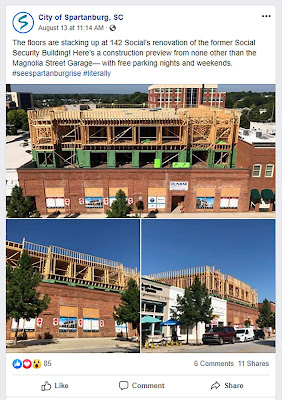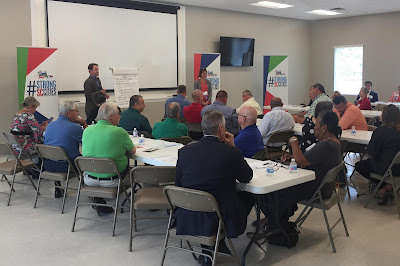In some cases, when councils wish to express a position on an issue or draw attention to a particular issue, passing a resolution using one reading and one vote is appropriate. Resolutions are not permanent local laws, as ordinances are.
South Carolina law requires the passage of ordinances for many specific actions. There are cases where the law does not require an ordinance, at which time councils can choose either an ordinance or a resolution. The law requires ordinances in these cases:
Administration
- Adopting or amending an administrative code – SC Code Section 5-7-260(1)
- Establishing, altering or abolishing a municipal department, office or agency – SC Code Section 5-7-260(1)
- Granting, renewing or extending franchises – SC Code Section 5-7-260(4)
- Conducting a municipal election – Title 5, Chapter 15
- Establishing council rules of procedure – SC Code Sections 5-7-250 and 5-7-270
- Setting councilmember salaries – SC Code Section 5-7-170
- Adopting budgets – SC Code Section 5-7-260(3)
- Levying taxes – SC Code Section 5-7-260(3)
- Setting procurement procedures – SC Code Section 11-35-5320
- Authorizing the borrowing of money – SC Code Section 5-7-260(5)
- Establishing a fine or another penalty, or create a rule on whether a violation is subject to a fine or penalty – SC Code Section 5-7-260(2)
- Annexing property – Title 5, Chapter 3
- Adopting a comprehensive plan – SC Code Section 6-29-530
- Adopting zoning and land development regulations – Title 6, Chapter 29, Article 5
- Adopting building codes – SC Code Sections 5-7-280 and 6-9-60
- Selling, leasing or contracting to sell or lease any lands of the municipality – SC Code Sections 5-7-40 and 5-7-260(6)
Ordinances and Resolutions, a recent article in Uptown, take a look at the differences between the two. The article also addresses the requirements placed on how ordinances are handled after their adoption.
The Municipal Association’s Handbook for Municipal Officials in South Carolina also discusses the difference between and ordinance and a resolution in Chapter 3, which also covers the correct processes for council meetings.

















